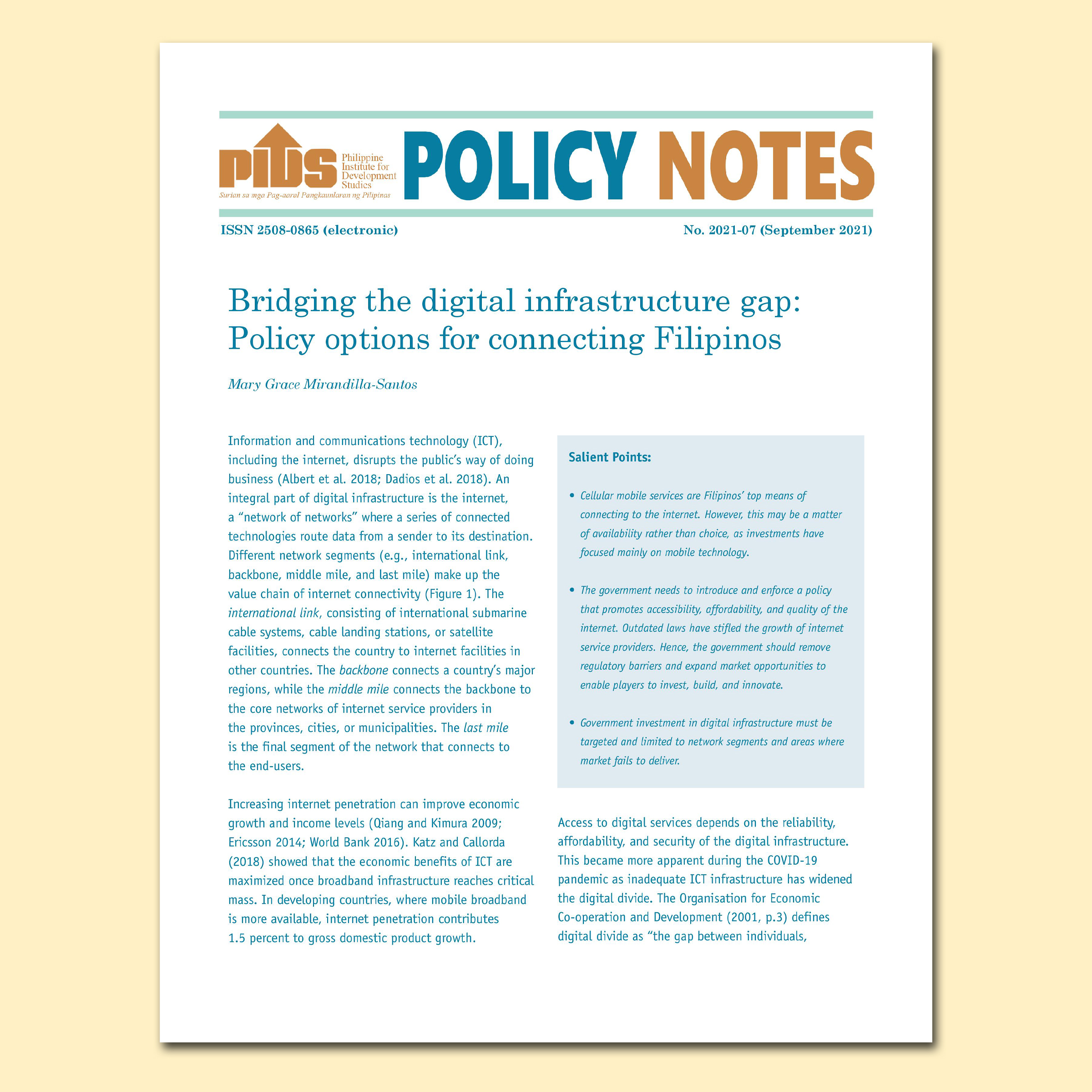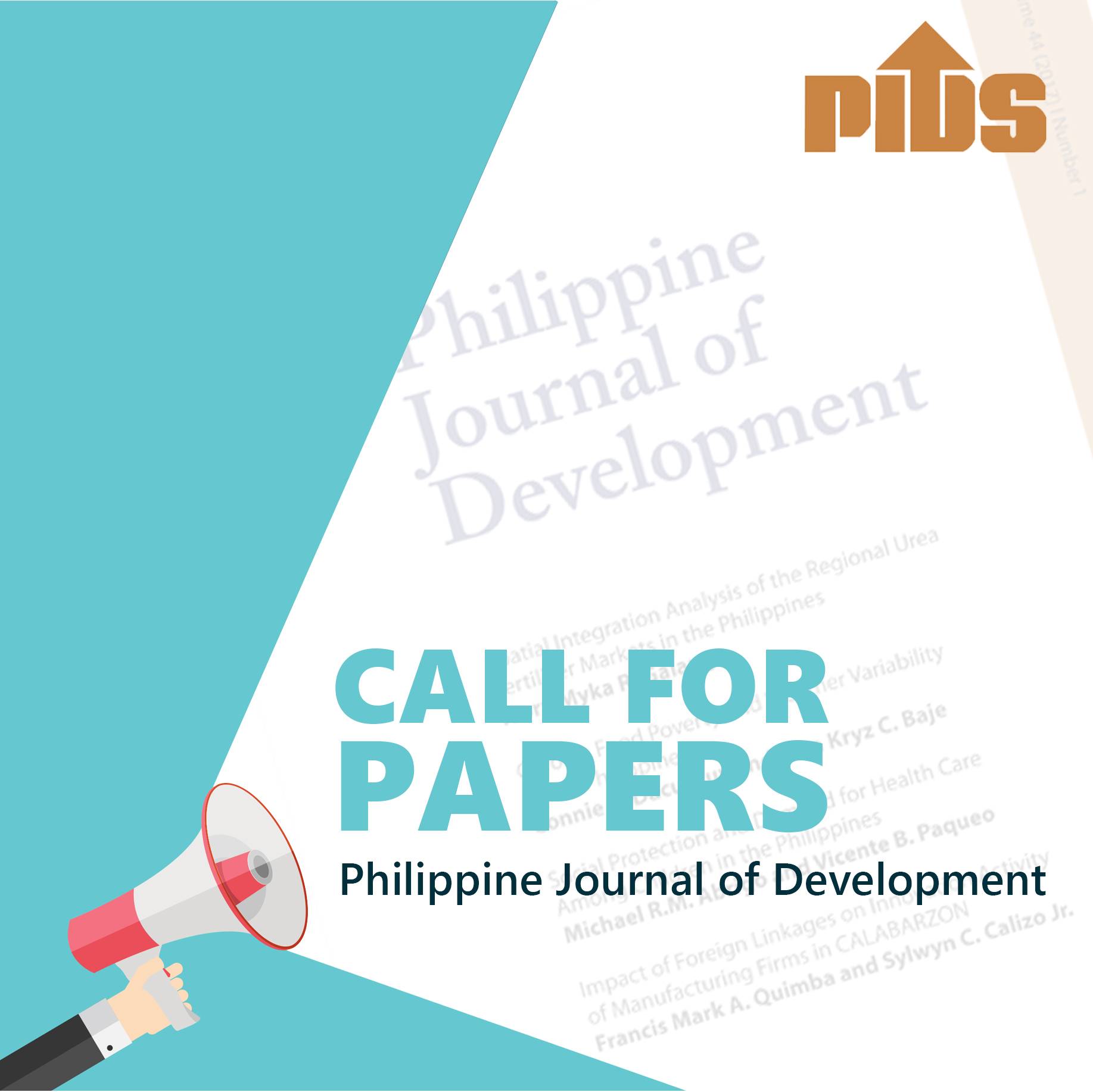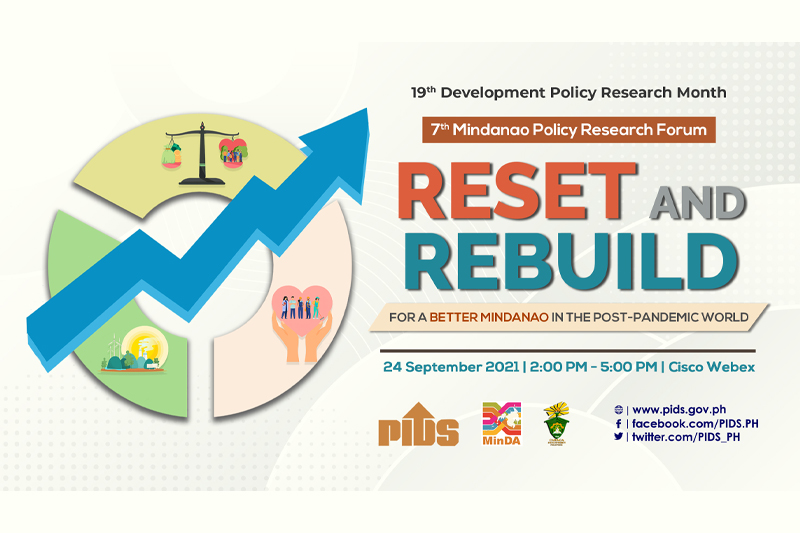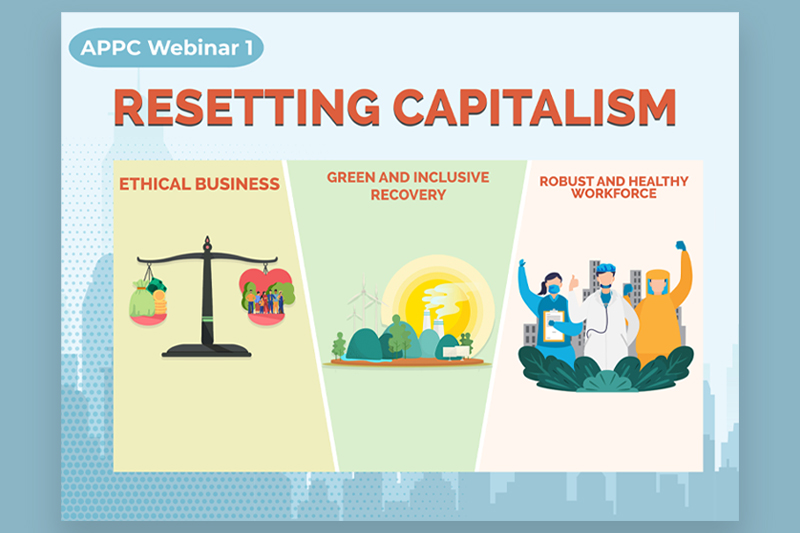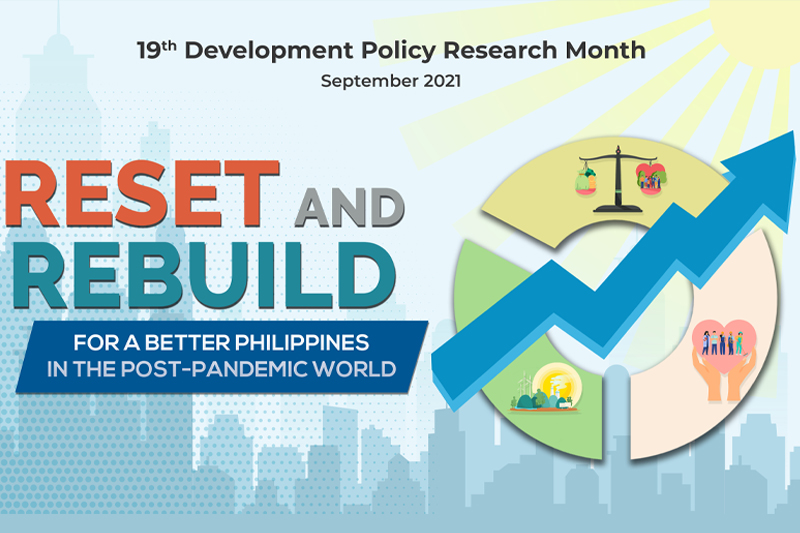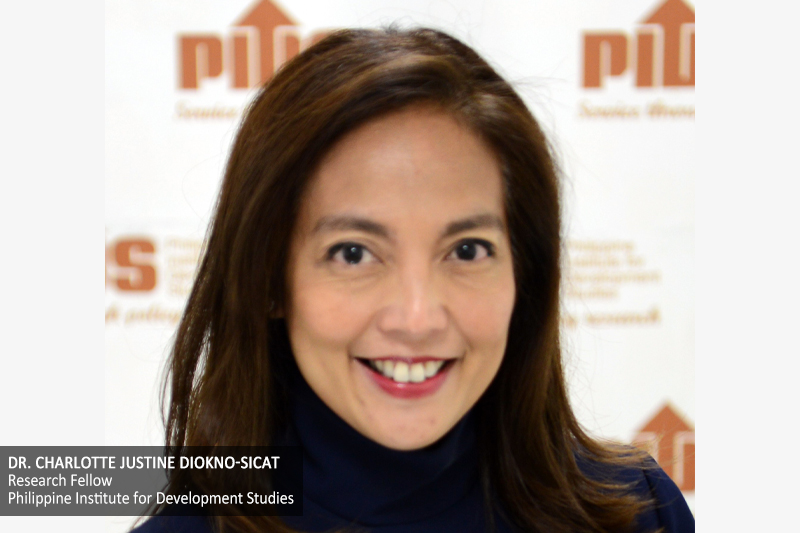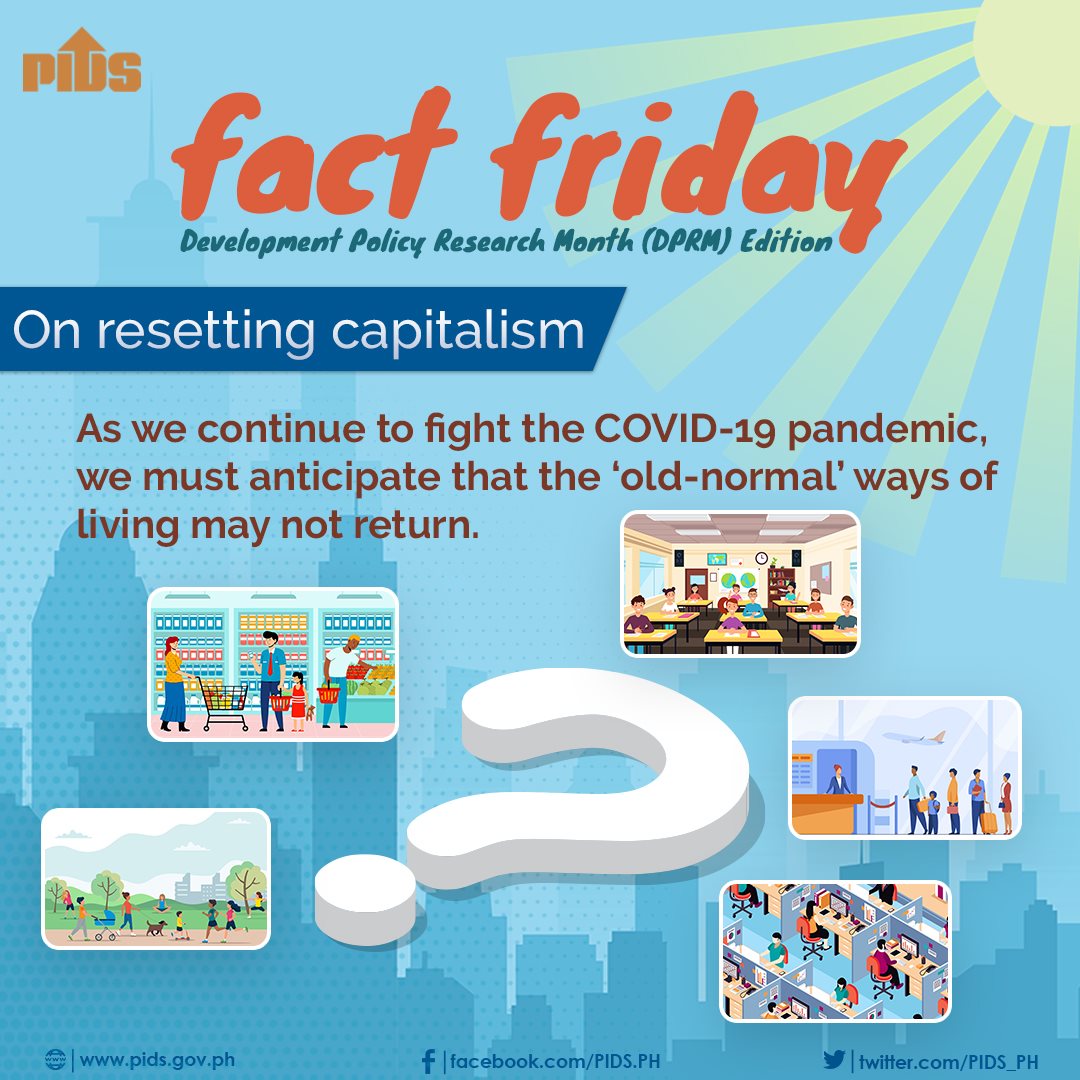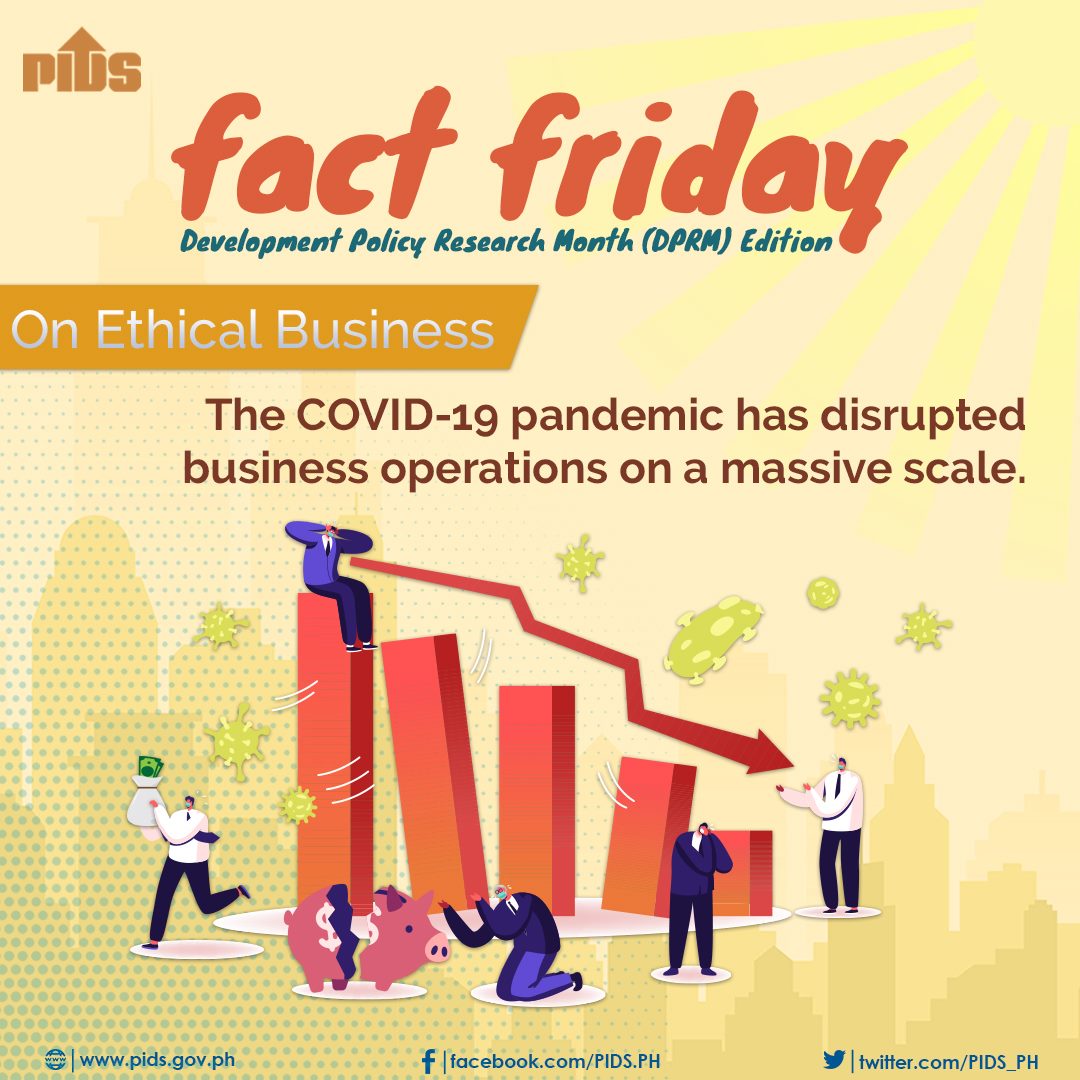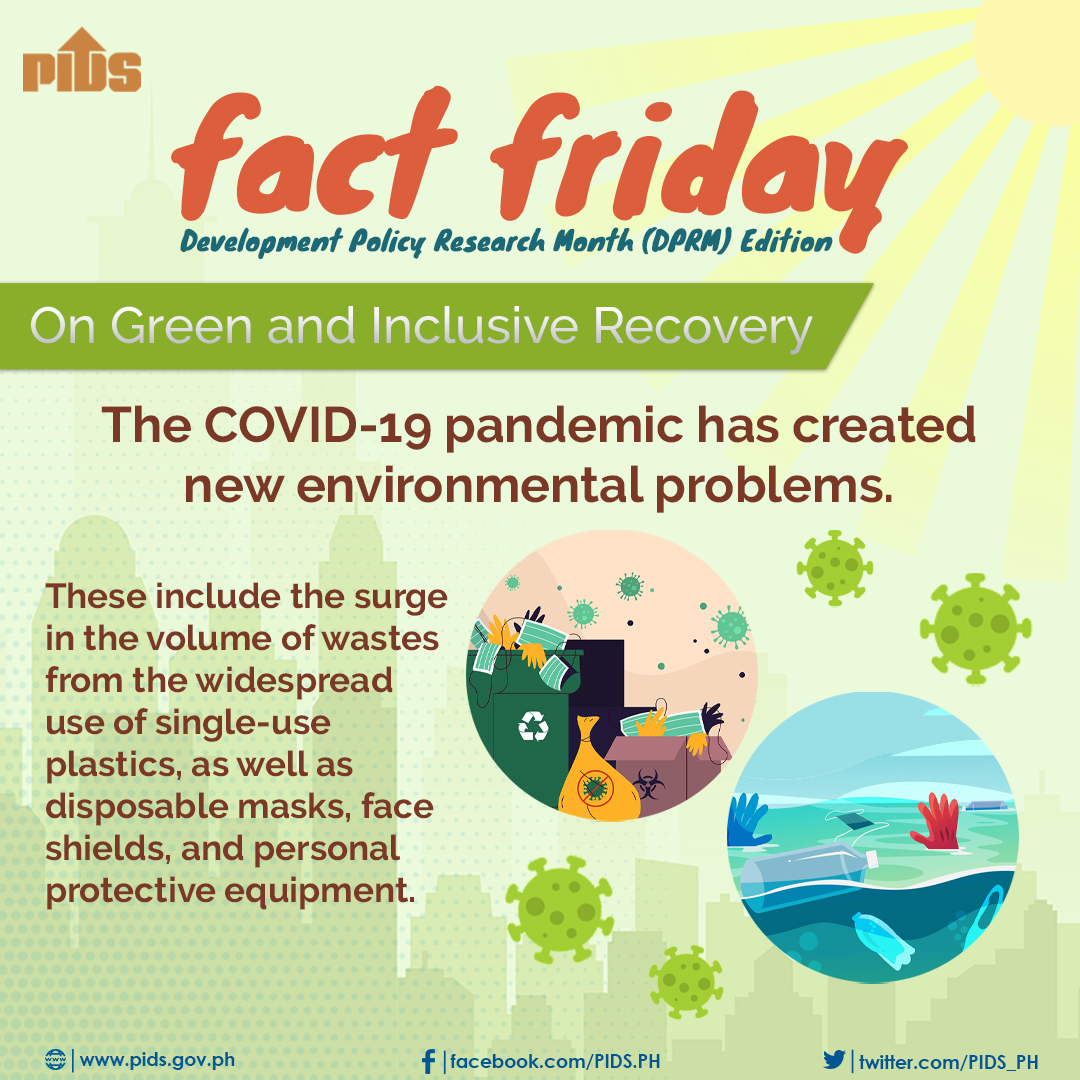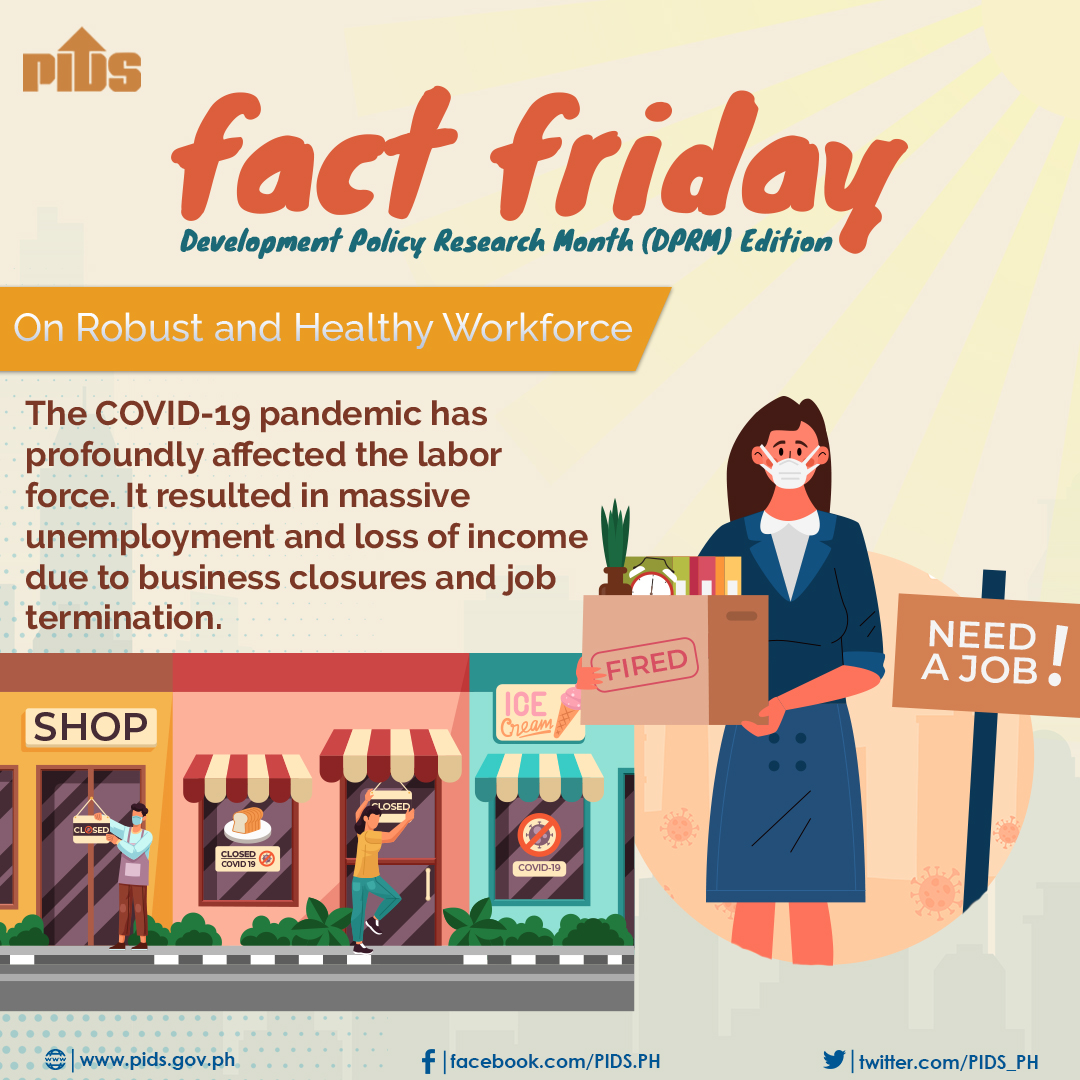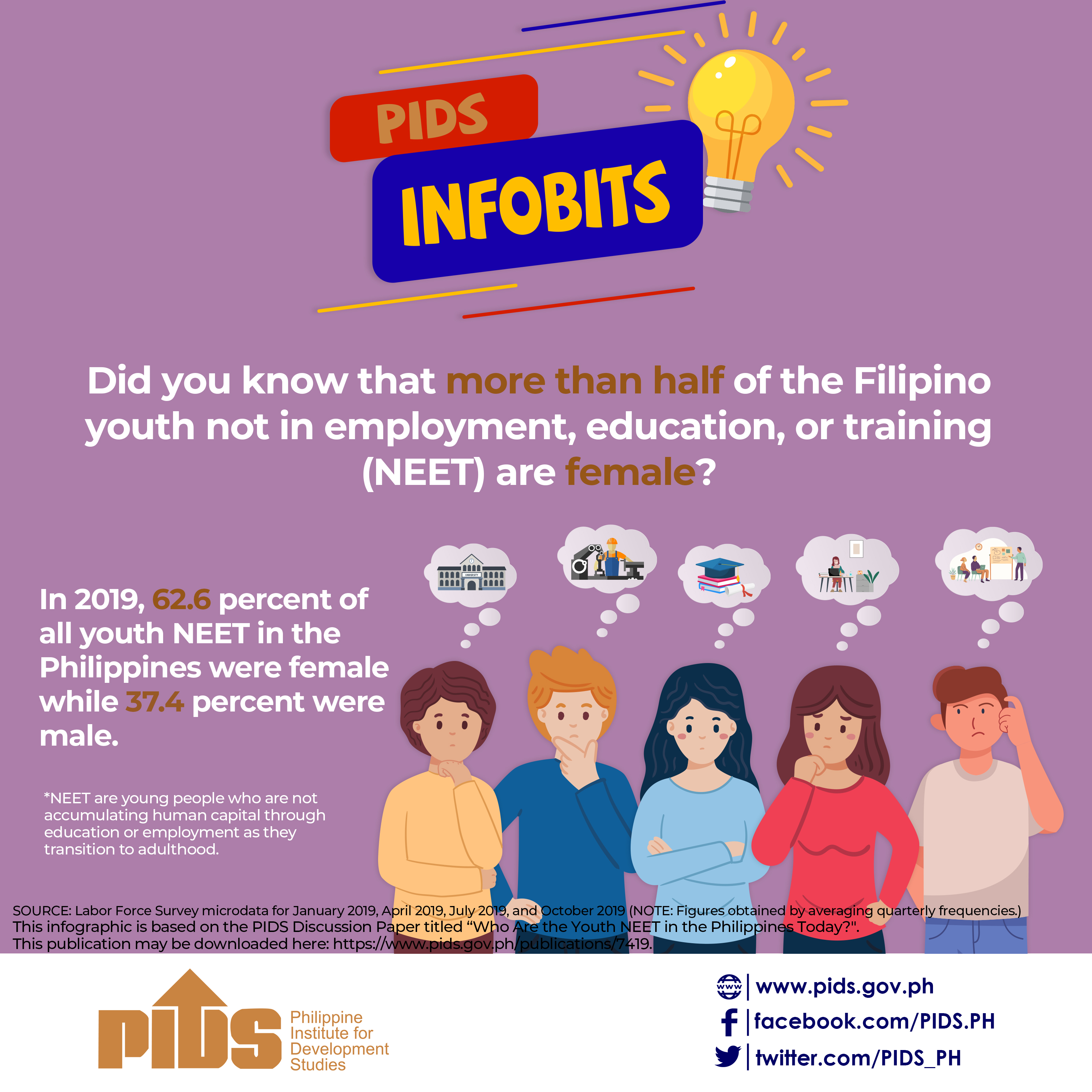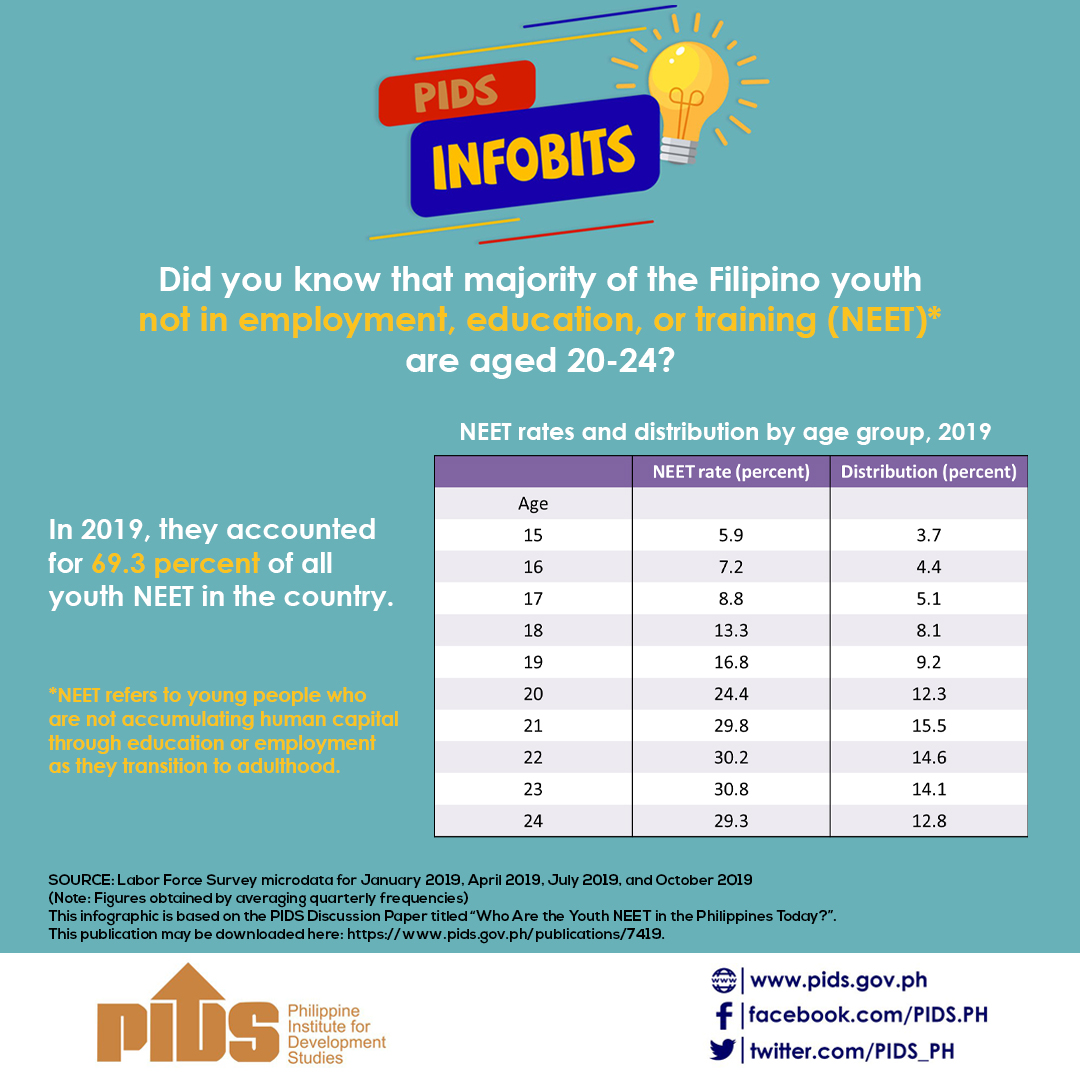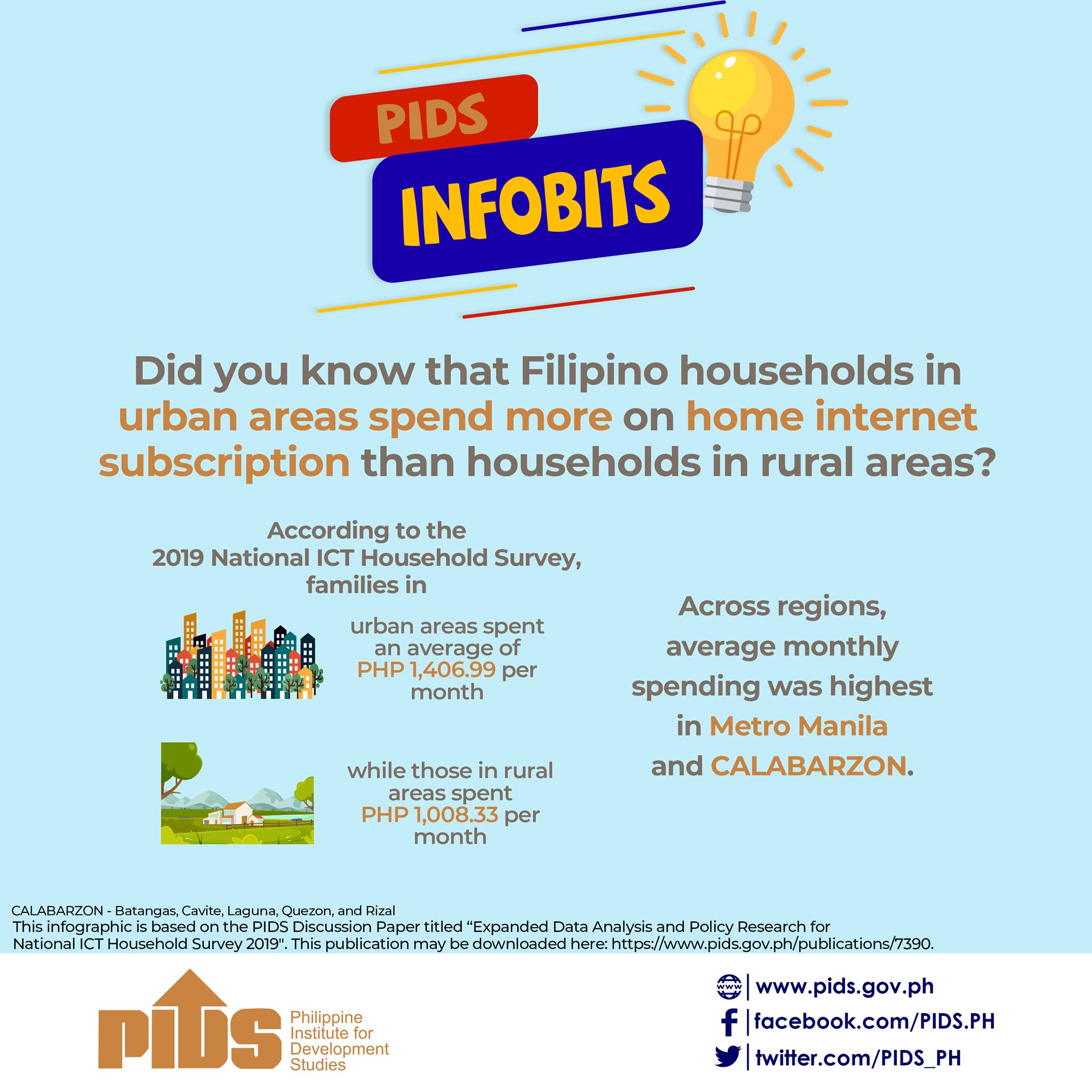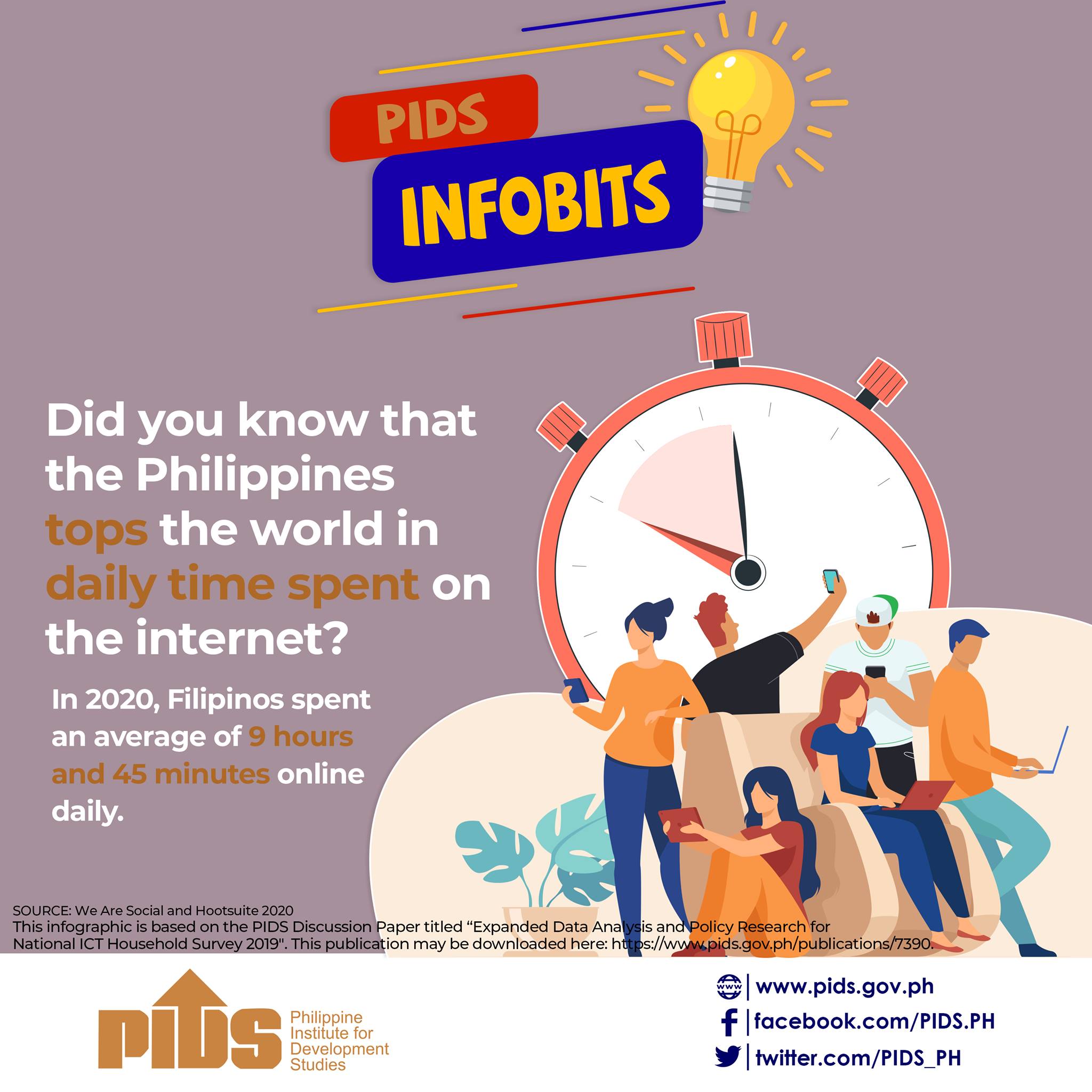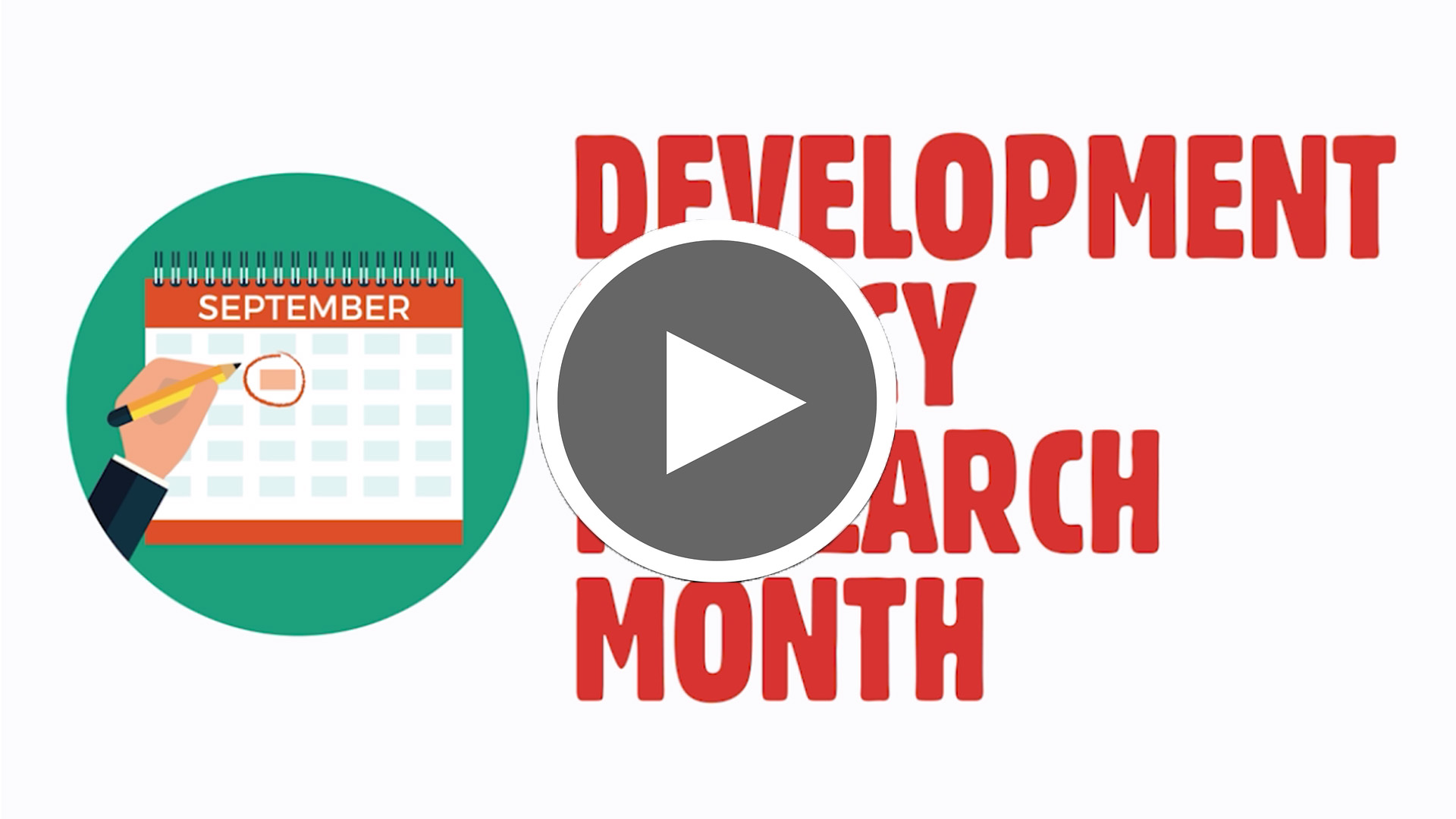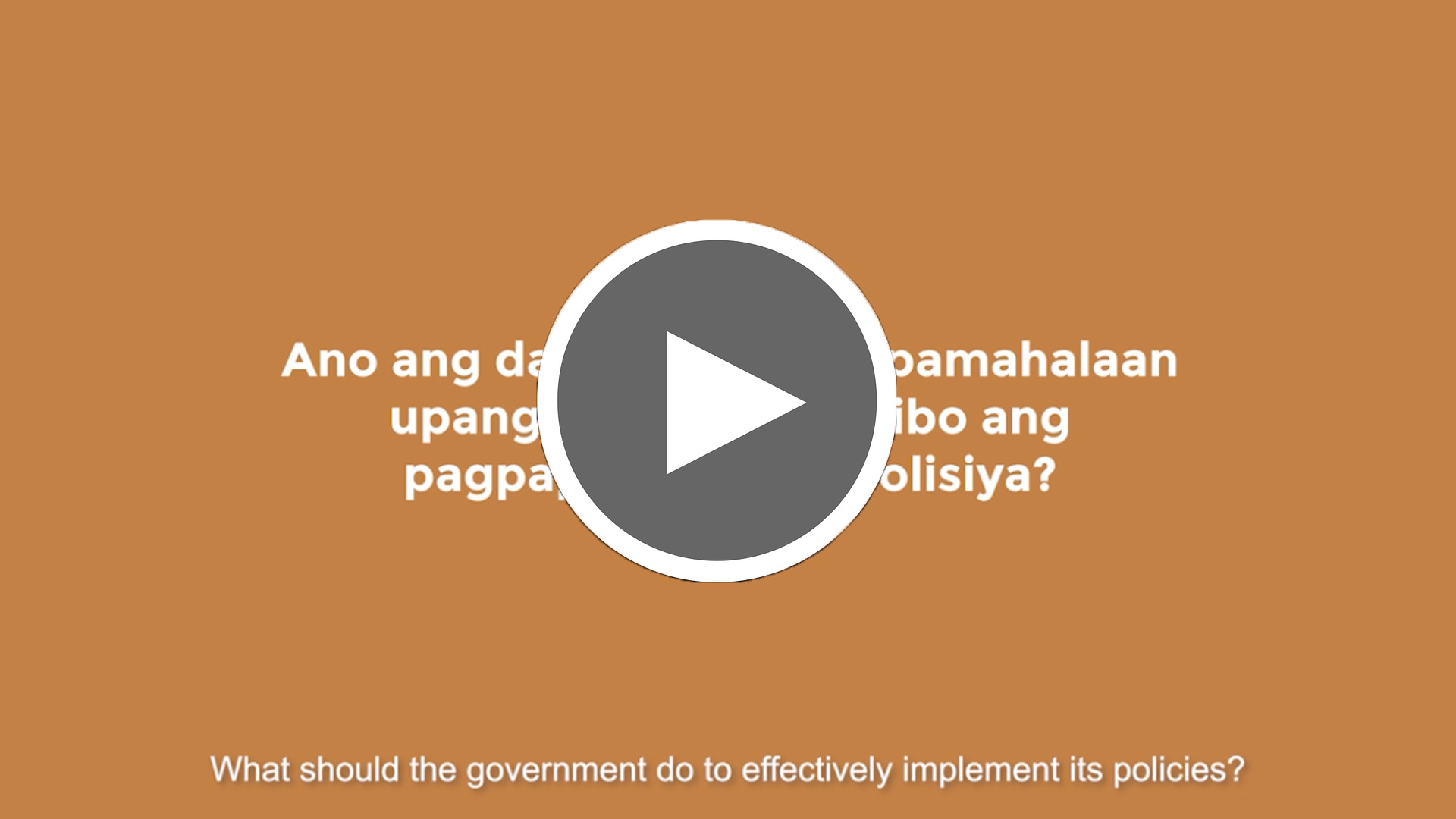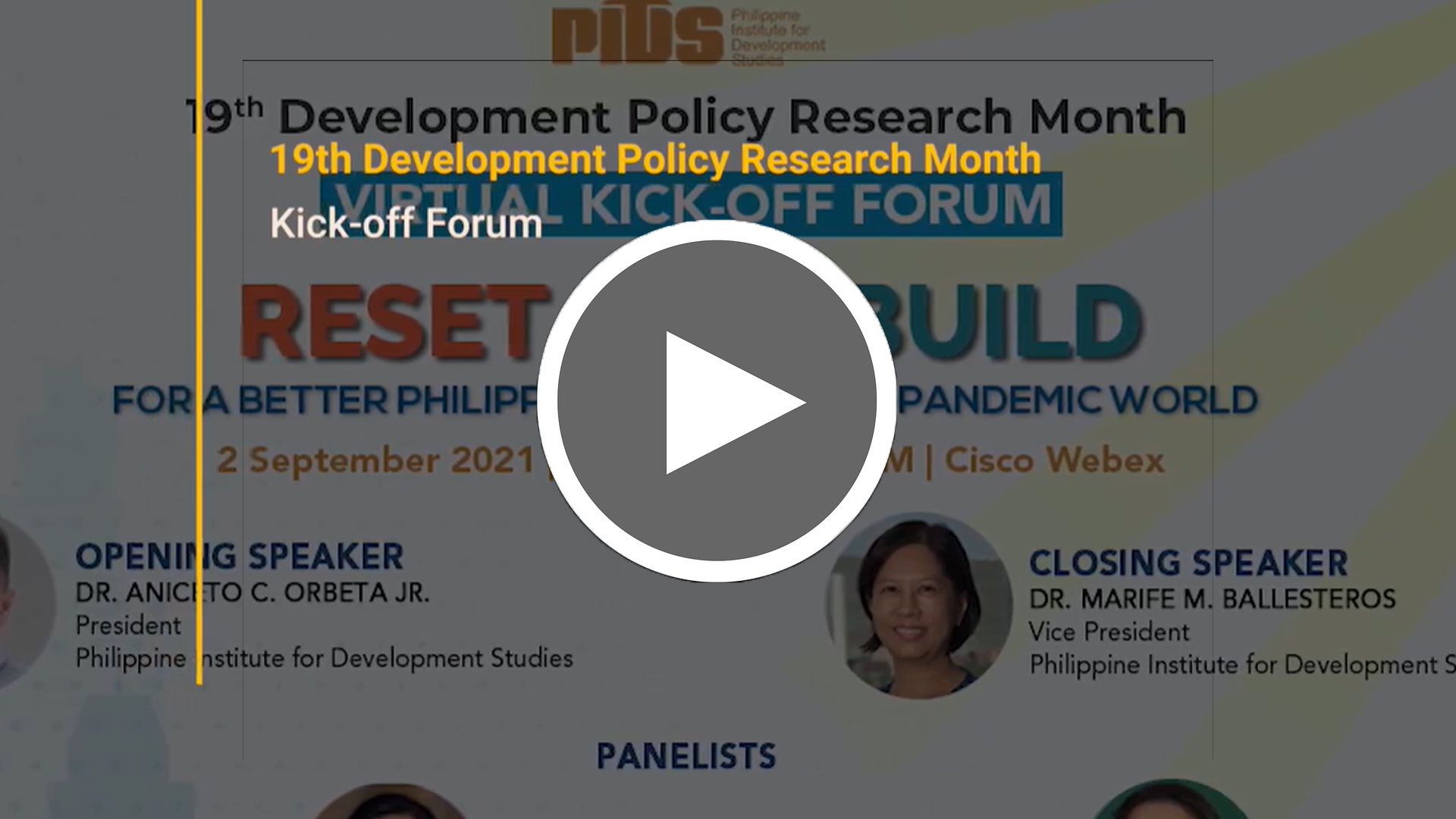Having trouble reading this email? View it in your browser. |
|||||
 |
|||||
|
|||||
POLICY NOTES
Several studies have shown that increasing internet penetration can improve economic growth and income levels. However, in the Philippines, the digital infrastructure's reliability, affordability, and security remain an issue. This has become more apparent during the pandemic as inadequate information and communications technology (ICT) infrastructure widened the digital divide. This Policy Note analyzes the infrastructure gap and digital divide from a supply-constrained lens. Specifically, this study looks at the level of access of communities (barangays) and households to ICT infrastructures and services. The study notes that outdated laws have stifled the growth of internet service providers. Hence, the government should remove regulatory barriers and expand market opportunities to enable players to invest, build, and innovate. It also recommends that the government's digital infrastructure investments be targeted and limited to network segments and areas where the market fails to deliver. Click here to download the policy note.
PN 2021-08: Promoting a More Innovative and Inclusive Society through ICT Development Information and communications technologies (ICTs) can enable all segments of society to benefit from digital dividends or widen socioeconomic inequalities further. Thus, this Policy Note provides insights into how the Philippines can advance inclusion and innovation through ICTs. According to the 2019 National ICT Household Survey, only 1 in 4 households own a computer, while 3 in 4 have a cellphone. In addition, owning a computer is more common in urban households and among the young and educated. Filipinos are also not quite digitally skilled, with only 2 in 5 having at least 1 of the 6 basic ICT skills monitored for attaining the Sustainable Development Goals. To make ICTs widely accessible, the authors recommend improving ICT infrastructure in areas prone to exclusion, such as rural and remote communities. For Filipinos to have the skills to use ICTs and harness their many applications, the authors recommend investing in the development and measurement of digital skills. Further, they urge the government to foster digital literacy and internet safety to encourage people to go online, use the internet, and be informed about policies that protect them. Click here to download the policy note.
PN 2021-09: Gender Perspectives in E-livelihood and E-entrepreneurship Digital platforms provide a supplementary income source, thus improving economic participation and empowerment, especially of women and homemakers. This Policy Note presents a gendered perspective on how online platforms can enhance livelihood and entrepreneurship opportunities for both women and men. Based on data from the 2019 National Information Communications Technology Household Survey, women are more likely than men to engage in online work because it offers flexibility to do other nonmarket work. Online platforms provide livelihood opportunities, especially for women who cannot participate in the economy. Apart from gender issues and other socioeconomic challenges, lack of education limits a person's ability to use online platforms for various welfare-enhancing activities. Most online sellers are college graduates and are proficient in using computers. Meanwhile, those not using online platforms cited lack of knowledge and access to the internet and equipment as reasons for not engaging in online selling. Thus, the authors recommend reskilling the workforce and enhancing the digital skills of the population. They also urge the government to leverage digital platforms to promote social welfare, including access to social protection programs and livelihood opportunities. Lastly, the authors noted that improving the Philippine digital infrastructure is vital to allow greater ICT engagements among Filipinos. Click here to download the policy note.
DEVELOPMENT RESEARCH NEWS DRN Vol. 39 No. 3: 'Reexamine SHS Programs Employment and Entrepreneurial Objectives' This issue centers on government initiatives on developing human capital to foster inclusive economic growth. The banner article talks about the challenges confronting senior high school (SHS) graduates in the labor market. It also discusses how to improve the SHS program to help students transition from school to employment better. Another article discusses the factors affecting Filipino students' test scores, given the country's dismal performance in reading, mathematics, and science in international assessments. This issue also features an article about the technical-vocational education and training programs' responsiveness to industry and trainee needs and the results of the evaluations done by PIDS researchers on the Pantawid Pamilyang Pilipino Program, the Performance-Based Bonus scheme, and the Department of Health's Human Resources for Health Deployment Program. Completing this issue is a feature on the new president of PIDS, Dr. Aniceto C. Orbeta Jr. Click here to download the newsletter. |
October 27, 2021, 9:00AM-11:30AM
Did you miss the Development Policy Research Month webinars, such as the kick-off forum, 7th Annual Public Policy Conference (APPC) webinar series, and 7th Mindanao Policy Research Forum? Click the titles below for the recordings: 19th Development Policy Research Month Virtual Kick-off Forum APPC Webinar 1: Resetting Capitalism and Opening Program APPC Webinar 2: Ethical Business APPC Webinar 3: Green and Inclusive Recovery APPC Webinar 4: Robust and Healthy Workforce and Closing Program 7th Mindanao Policy Research Forum For other PIDS webinars, please access their videos from the PIDS Facebook page (facebook.com/PIDS.PH).
|
||||
As the Philippines continues to grapple with the impacts of the COVID-19 pandemic, Mindanao has to reset and rebuild its paradigms and practices to emerge stronger from this crisis.
Globally, the COVID-19 pandemic has greatly affected various sectors of society. To rebuild from the impacts of this public health cum economic crisis, countries need to reset their existing paradigms and practices.
To be able to cope with the ongoing pandemic and prepare for the next crisis, the country needs to reset and rebuild toward a better normal.
The results matrices (RMs) being used to monitor the contributions of local government units (LGUs) in achieving the Philippine Development Plan (PDP) 2017-2022 and the Sustainable Development Goals are effective and “well-received” by local officials.
|
|||||
FACT FRIDAY
INFOBITS
Development Policy Research Month Watch these videos to know more about this year's Development Policy Research Month and the Annual Public Policy Conference.
PIDS Video Know how PIDS helps the government in crafting effective policies. Watch this video.
Webinar Bites Watch this video and get a glimpse of the highlights of our virtual forum to kick off the 19th Development Policy Research Month, with the theme "Reset and Rebuild for a Better Philippines in the Post-Pandemic World", or in Filipino, "Muling Magsimula at Magtayo Tungo sa Mas Matatag na Pilipinas Pagkatapos ng Pandemya", held on September 2. |
|||||
Need help? Have feedback? Feel free to contact us. |
|||||
